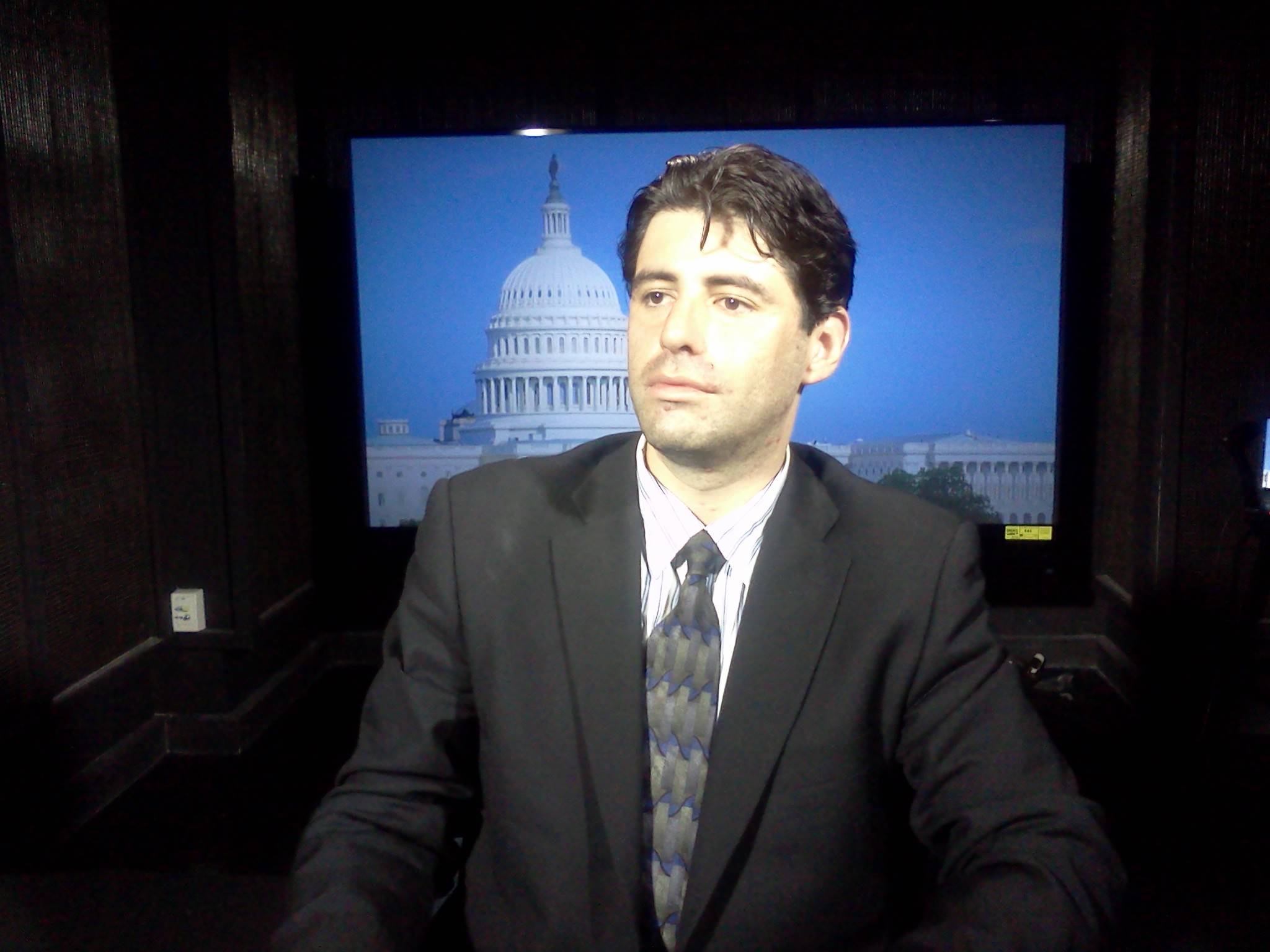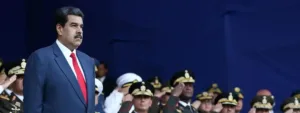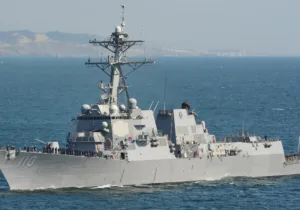“For which of you, desiring to build a tower, does not first sit down and count the cost, whether he has enough to complete it?” (Luke 14:28)
As the crisis in Venezuela continues and with Nicolás Maduro showing no intention of ever stepping down from power, diplomatic pressure from various Latin American governments and the Organization of American States has done nothing to shake the confidence of the chavistas in Caracas. In this situation, the US media has reported that US officials have met with anti-Maduro military officers, apparently to discuss a regime change in the South American state. But what does history and the Bible tell us about planning before acting?
Meetings and Statements
According to a September 8 article in the New York Times, the White House held “secret meetings with rebellious military officers from Venezuela over the last year to discuss their plans to overthrow President Nicolás Maduro.” The article described various meetings, during which Venezuelan military officers requested communication equipment to coordinate their coup, which Washington did not provide; nor did it, according to the article, endorse the conspirators’ plans.
As for President Donald Trump’s opinion about Venezuela, back in 2017 he talked about a “military option” to deal with the situation there. Then, while attending the United Nations General Assembly in September 2018, he once again mused that “all options are on the table,” adding that “the strong ones and the less than strong ones—and you know what I mean by strong.” At the same time, he has said that he is willing to meet with President Maduro.
Other senior officials have made direct or vague statements about the use of military force in Venezuela. For example, Vice Admiral Craig Faller, who has been nominated to lead Southern Command (which oversees US military operations in most of Latin America and the Caribbean) has stated that “we are not doing anything other than normal, prudent planning that a combatant command would do to prepare for a range of contingencies.” On the other hand, Republican Senator Marco Rubio tweeted in February that “the world would support the Armed Forces in #Venezuela if they decide to protect the people & restore democracy by removing a dictator.”
It is unclear exactly what role the US would play should something actually occur in Venezuela. Would the US back a coup carried out by Venezuelans? Or, as President Trump seems to think, could US troops land in Caracas? There are regional precedents for these speculations: in 1964, Washington sent a carrier group, led by the USS Forrestal, to Brazil to support, if necessary, a military coup against President João Goulart. As for more “traditional” regime change operations, in 1989 the US invaded Panama to overthrow the late dictator Manuel Noriega.
Discussion
Regime change operations are problematic, whether covert or overt. They should not occur without, as the Bible verse at the beginning of this essay states, lengthy discussions and analyses in order to attempt to predict and prepare for different outcomes, both positive and negative. After all, a government may intervene in another nation with the best of intentions, such as to remove a repressive regime that has brought the country to financial ruin while perpetuating its own power, but the consequences may not be as expected. The US experienced this not long ago when then-Vice President Dick Cheney said that “my belief is we will, in fact, be greeted as liberators” as US troops prepared to go to Iraq to overthrow Saddam Hussein, and when then-President George W. Bush declared “mission accomplished.” History proved them wrong.
In Venezuela, the problem is not just President Maduro, but also other officials like Vice President Delcy Rodriguez, the cabinet of ministers, the unconstitutional National Constituent Assembly (including its president, Diosdado Cabello), and the military leadership, like Defense Minister Vladimir Padrino, a key supporter of the regime. Any attempt at regime change would have to oust all of those individuals, as well.
Even more, should violence break out (whether between rival factions or against a foreign military), it is unclear how the Venezuelan military and other security agencies would react. We know there is some level of discontent within Venezuela’s National Bolivarian Armed Forces; in recent years Caracas has arrested many military officers, accusing them of plotting coups. But how the military would react if a coup or foreign intervention occurred is unknown. Again, it is unwise to be blindly optimistic.
As a final point, another regime change operation backed by US involvement would have regional (if not global) repercussions. In addition to the aforementioned examples, other US interventions include Guatemala in 1954, the Dominican Republic in 1965, Grenada in 1983, and numerous (failed) attempts against the Castro regime throughout the Cold War. Hence, although Washington would be helping to remove a very unpopular regime—Maduro’s allies in the hemisphere have been reduced to Bolivia, Cuba, Nicaragua, and a handful of Caribbean islands—this would trigger memories of indiscriminate US interventions in the region within living memory. How Latin American and Caribbean citizens and governments would react, and what this would mean for Western Hemisphere geopolitics, is anyone’s guess.
Final Thoughts
The general consensus in the Western Hemisphere, with few exceptions, is that the Maduro government is a dictatorship that wants to perpetuate itself in power. Washington has hinted that “all options are on the table” when it comes to dealing with Caracas and has already imposed sanctions against high profile individuals. Recent media stories about meetings between the US government and opposition military leaders to discuss some sort of regime change in Caracas are likely true. After all, Washington has a lengthy history of intervention in the Western Hemisphere.
Alas, interventions, whether via military or other tactics, are tricky, and the decision making and planning process cannot be rushed. Washington and most of the hemisphere strongly desire Maduro’s removal, but prudence is found in thinking about the future rationally.
—
Wilder Alejandro Sanchez is an analyst who focuses on geopolitical, military and cyber security issues in the Western Hemisphere. The views expressed in this article are those of the author alone and do not necessarily reflect those of any institutions with which the author is associated.
Photo Credit: Former Ecuadorian President Rafael Correa with Nicolás Maduro in December 2013. By Ricardo Patiño, via Wikimedia Commons.







 Live in the DC area? Sign-up for Providence's in-person events list!
Live in the DC area? Sign-up for Providence's in-person events list!